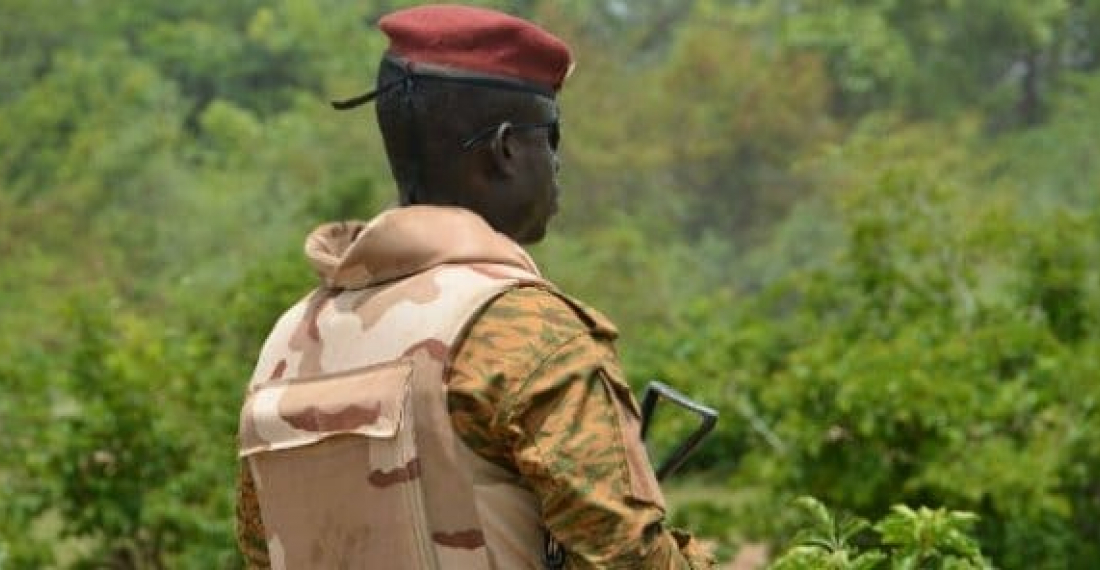Eighty people including 65 civilians, of which six were volunteers for the defence of the fatherland, and 15 soldiers were killed on Wednesday (18 August) during an attack by suspected jihadists against a military convoy escorting civilians in northern Burkina Faso, according to the last official report published on Thursday (19 August). A previous official report indicated, Thursday, 49 dead and 30 injured.
"A mixed convoy made up of civilians, elements of the defence and security forces (FDS) and volunteers for the defence of the fatherland (VDP) was the target of a terrorist attack 25km from the northern town of Gorgadji", announced the ministry of communication.
Additionally, security sources told the ministry that during the attack, the FDS "neutralised 58 terrorists and 19 were wounded on the loyalist side".
In the evening of the attack, president Roch Marc Christian Kaboré declared through an official decree a three-day national mourning from Thursday 19 to Saturday 21 August, "in memory of the victims of the attack perpetrated by unidentified armed individuals".
"During this period, the flags are put at half mast on all public buildings and in representations of Burkina Faso abroad (...) popular celebrations, recreational events are prohibited", according to the text.
The commune of Gorgadji, where the murderous attack took place, is located in the Soum province in northern Burkina Faso. This zone is known as the “three borders” between Niger, Burkina Faso and Mali, where levels of jihadist violence are extremely high. Only two days before the attack in Gorgadji, dozens of civilians were killed by suspected terrorists in western Niger, which is also part of the "three borders" zone.






